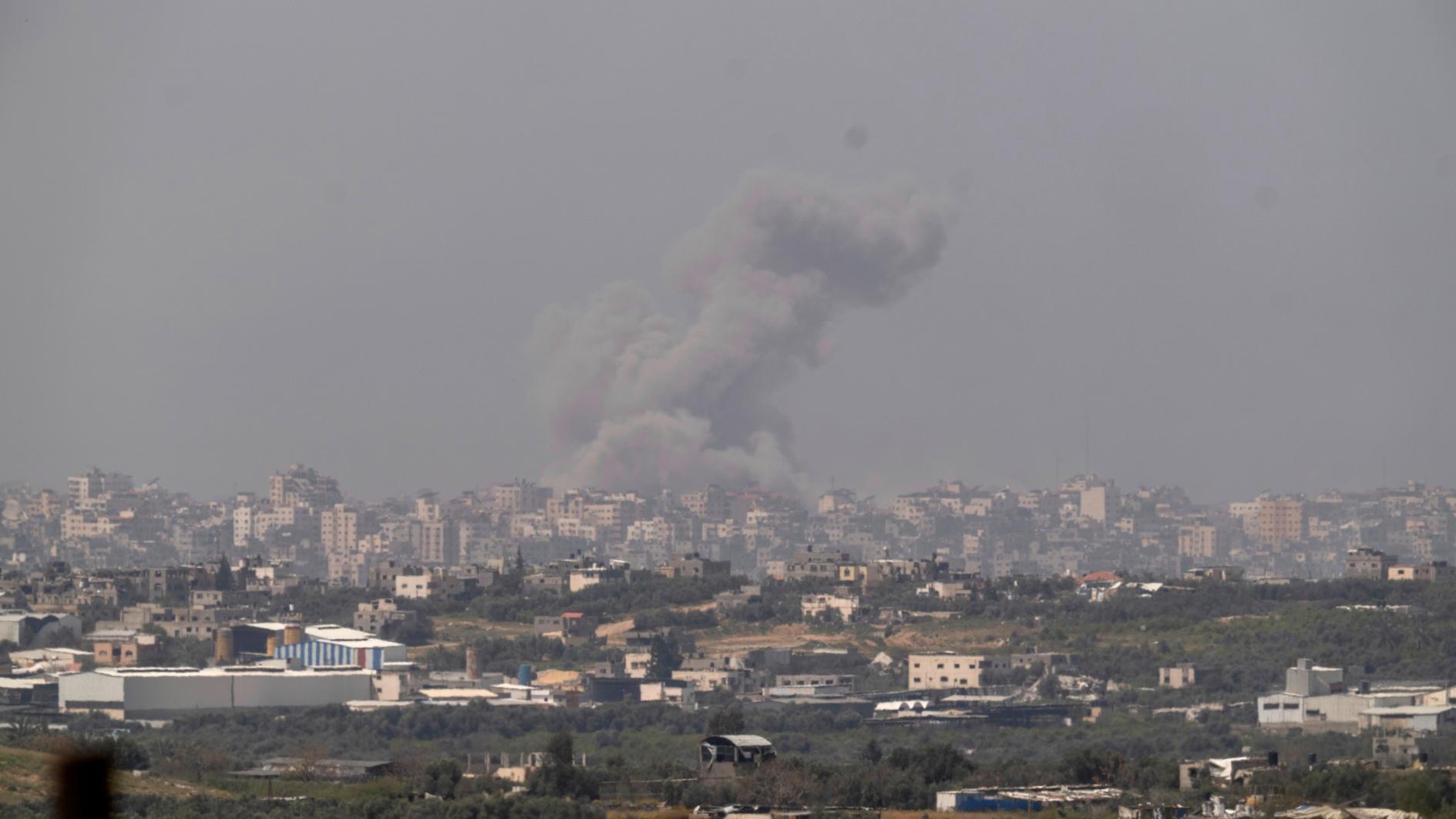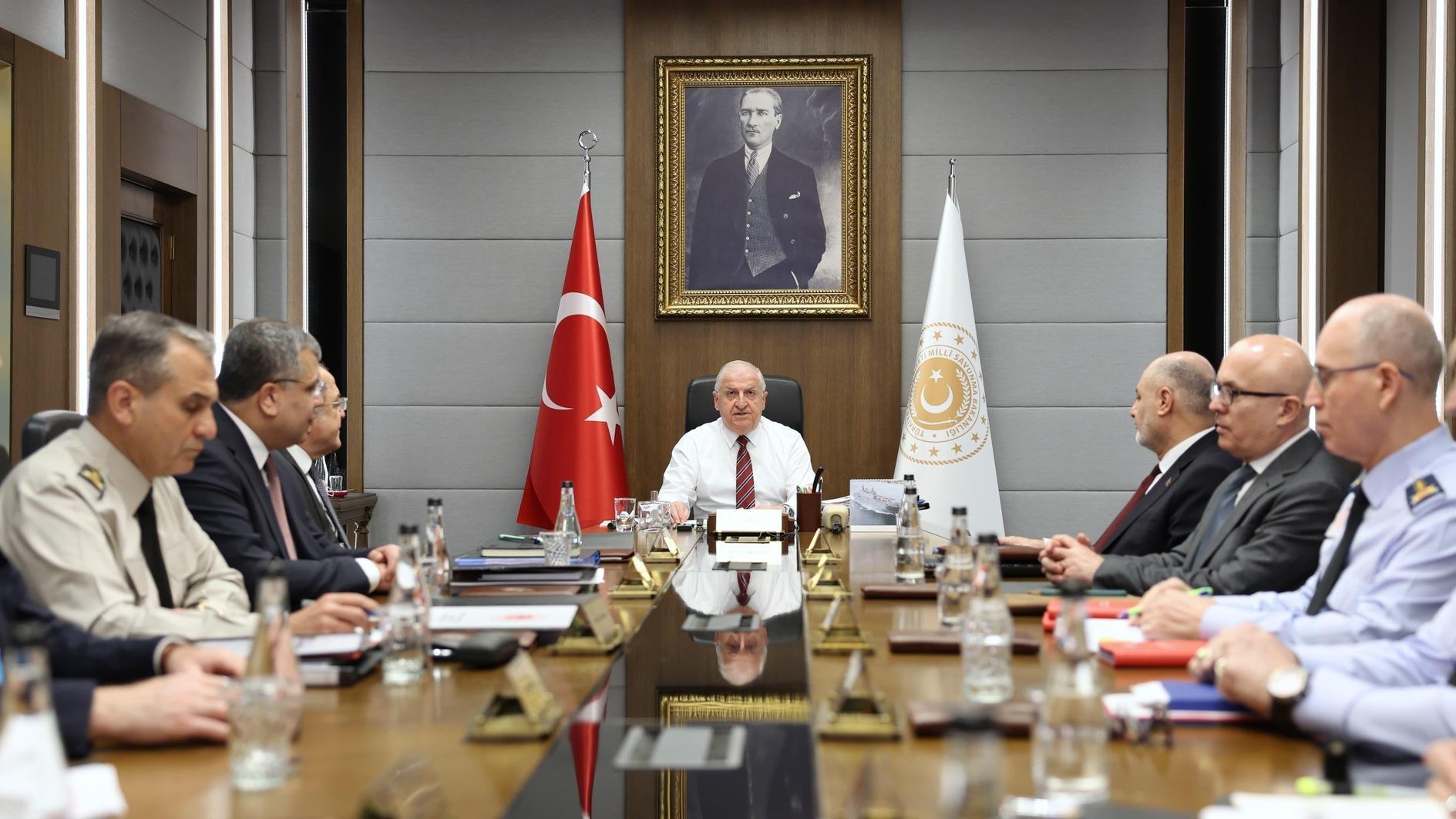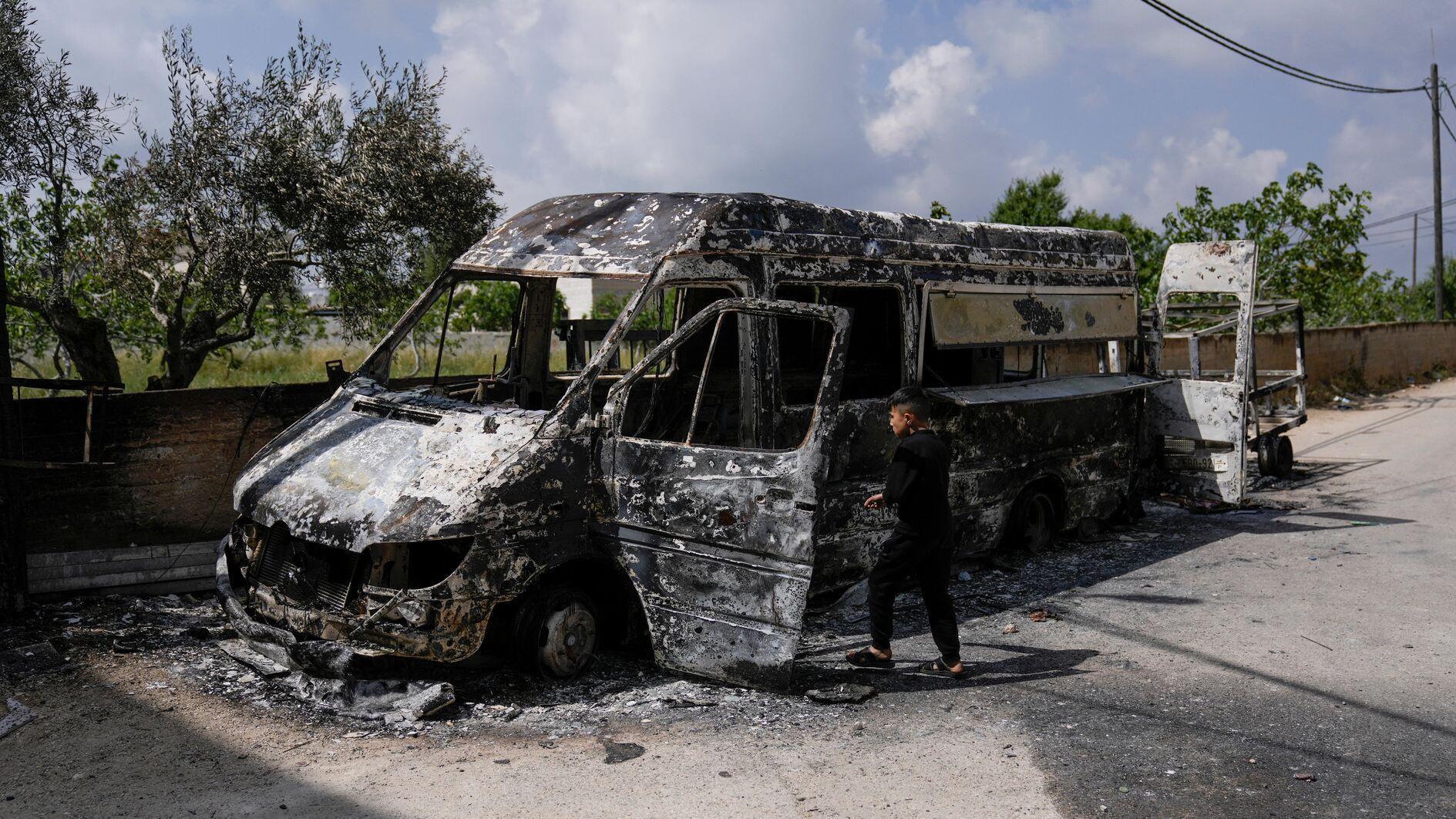Are ISIL, PKK or Gülen existential threats for Ankara?
In his address to the United Nations General Assembly on Sept. 20, Turkish President Tayyip Erdoğan called on all countries for joint action on terrorism.
The call came at a time when terrorism has become a major problem across the world, but countries have different definitions and priorities regarding it.
Turkey is a country in an active fight against acts of terror by two notorious organizations: The outlawed Kurdistan Workers’ Party (PKK) and the Islamic State of Iraq and the Levant (ISIL).
The fight against the PKK has been going on since 1984, with more than 40,000 people killed so far. The fight against ISIL has been going on since the jihadi group’s emergence during the Syrian civil war in 2013.
The fight against the PKK had until last year been in a non-aggression state because of the indirect dialogue started by (then prime minister) Erdoğan via the National Intelligence Organization (MİT) chief Hakan Fidan in 2012. That ceasefire continued until mid-2015, a time when ISIL attacks inside Turkey also started. That was right after Turkey’s opening up of its strategic Incirlik air base for flights of the U.S.-led coalition against ISIL, but Ankara was still under heavy Western criticism for turning a blind eye to foreign terrorist fighters abusing the 910 km-long Turkey-Syria border.
The U.S. and Turkey, as two NATO allies, have different priorities in Syria and in the fight against acts of terror sourcing from the civil wars in Iraq and Syria. For Ankara there are two main terrorist threats emanating from the Syrian theater: The PKK and ISIL.
For Washington, there is only ISIL; the People’s Protection Units (YPG), as the armed wing of the Democratic Union Party (PYD), is a partner helping the U.S. as ground troops against ISIL. For Ankara, the PYD is merely the Syrian branch of the PKK, and the YPG shares the same chain of command, the same human resources (militants) and same financial budget with the PKK; therefore it poses the same threat of terrorism.
That difference brings Turkey and the U.S. face to face in Syria. The Turkish army, acting together with the Free Syrian Army (FSA), has been in Syria for almost a month - pushing ISIL from the Turkish border and trying to prevent the PYD from filling the gap and establishing territory next to its border with U.S. military support.
That is a delicate problem, as the U.S. and Russia have been in a rift for the last few days, which resulted in the suspension of the U.N.’s humanitarian aid efforts.
The problem is that ISIL is a terrorist threat for Turkey, but not an existential one. The PKK, however, is both a terrorist threat and an existential threat, having both political and territorial claims from Ankara.
For the Turkish government, the network of U.S.-based Islamist preacher Fethullah Gülen also poses an existential threat. Not only the ruling Justice and Development Party (AK Parti), all opposition parties in parliament also see the Gülenists, or the “Fethullahist Terror Organization (FETÖ)” as the government denounces them, as the force behind the bloody July 15 coup attempt by a junta within the military, in which 270 people were killed (30 on the plotters’ side).
Both government and opposition forces in Turkey agree that the Gülenists attempted to put down the existing system through a military coup. But for Erdoğan and Prime Minister Binali Yıldırım’s AK Parti government, Gülen and his network also pose an ideological threat. Erdoğan has supported legal political methods through elections, while Gülen has promulgated the idea of infiltrating the state apparatus and “seizing the castle from within” for almost four decades. Added to disagreement over the PYD, Turkey’s extradition demand for Gülen has become another major problem between Ankara and Washington.
The Turkish government is now in an active fight against ISIL and Erdoğan, in his recent interview with Reuters, said combatting ISIL was Turkey’s priority in Syria. But the two NATO allies do not see eye-to-eye on two other big issues: The PKK and the Gülenist network, which are both existential threats for the Turkish government. This trajectory could pose a risk to other strategic fields of relations between Turkey and the U.S.











